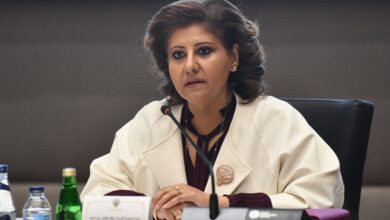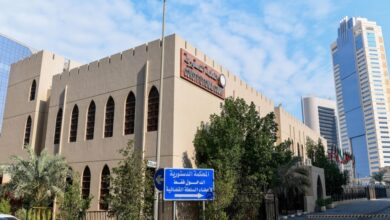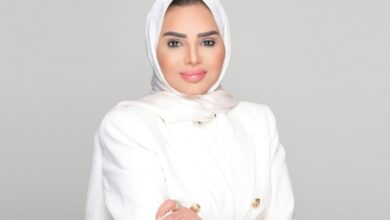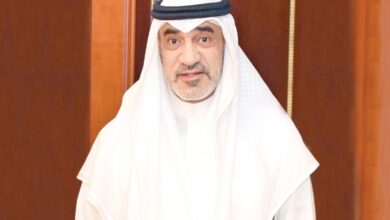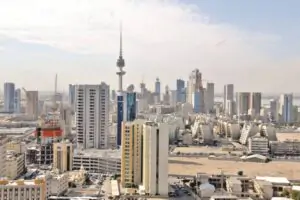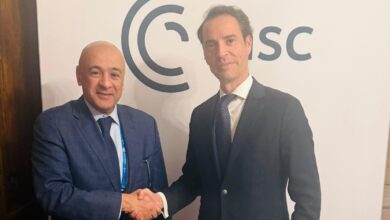World Trade Organization: Gateway to resolve disputes, raise living standards, develop economies
WTO aims to facilitate trade in goods, services, and intellectual property among countries through negotiations, create a competitive position based on economic efficiency, and achieve full employment of the world’s resources. It also seeks to address global challenges such as pandemics and climate change, enhance transparency, and reduce customs barriers.

By Tareq Yousef AlShumaimry
World Trade Organization (WTO), is an intergovernmental organization that aims to coordinate and facilitate international trade in goods, services, and intellectual property among participating countries by providing a framework for negotiating Founded on 1 January 1995, it is the world’s largest international economic organization, with 164 member countries representing more than 98 percent of world trade and global gross domestic product. It is worth noting that the current non-member states are: Somalia, Eritrea, Syria, Yemen, East Timor, Turkmenistan, Tajikistan, Uzbekistan, the Vatican, and Palestine.
The WTO seeks to achieve the following objectives: establishing a prosperous and integrated economic world characterized by prosperity and peace; providing appropriate protection for the international market to accommodate different standards of living and development; creating an international competitive position based on economic efficiency in resource allocation; and achieving the full employment of the world’s resources.
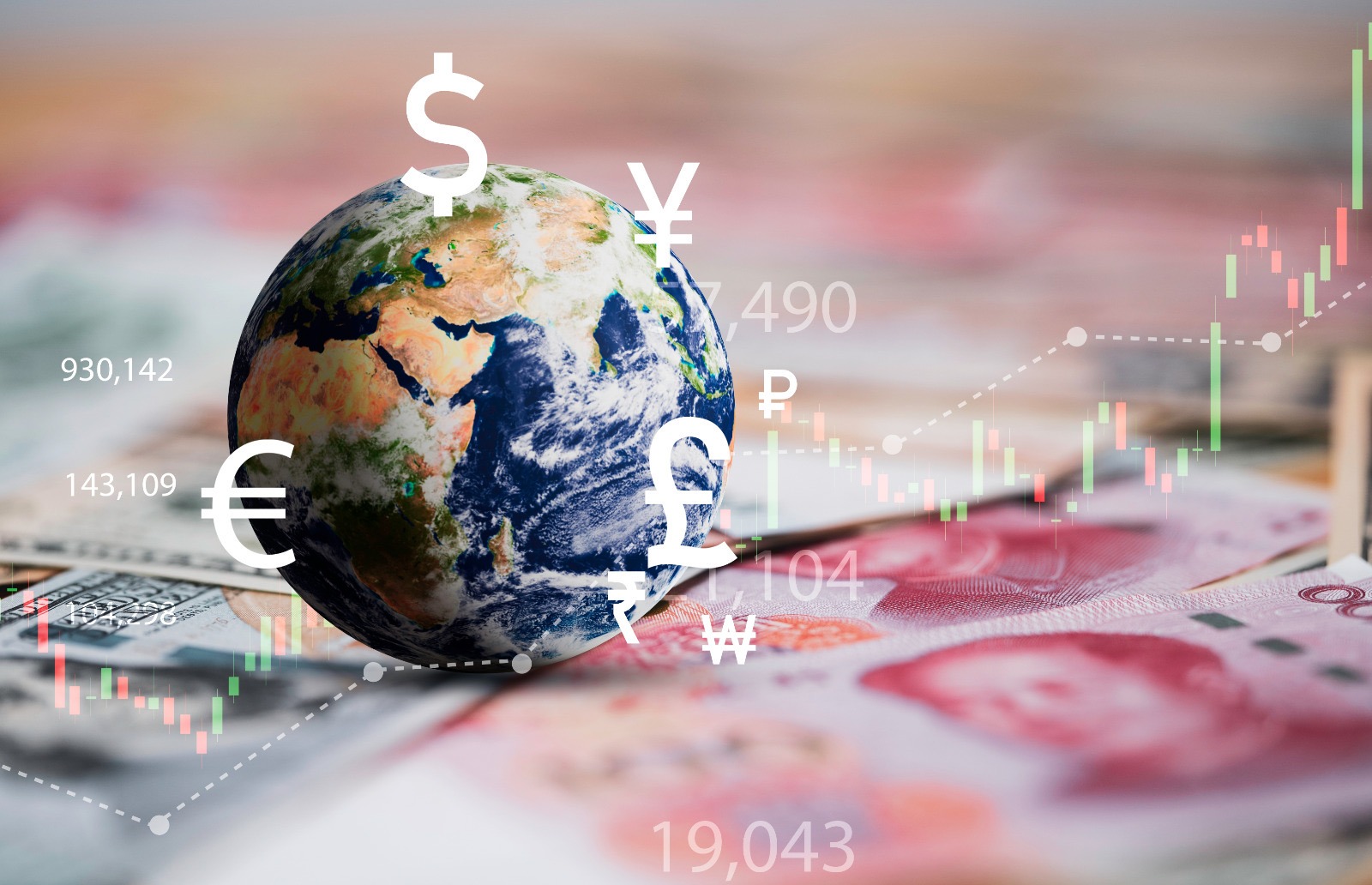
To achieve these goals, the organization carries out multiple tasks, the most important of which are: managing trade agreements, providing a forum for negotiations related to them, assisting developing countries with trade policies through technological assistance and training programs, and finally, cooperating with other international organizations.
The WTO consists of various structures
- Ministerial Conference: This is the organization’s supreme body, composed of the trade ministers of member states. The Ministerial Conference meets every two years to determine the organization’s general policies.
- General Council: Consisting of representatives from all members, it works to implement the decisions taken by the Ministerial Conference. The General Council meets regularly to discuss issues related to international trade.
- General Secretariat: This Secretariat provides administrative, professional, and technical services to the organization. The General Secretariat is led by the Director-General, who is appointed by the Ministerial Conference.
The WTO works through its various structures to achieve its goals of facilitating international trade and promoting economic development. The working mechanisms include trade agreements, trade negotiations, dispute resolution, and political review. The organization’s primary roles toward member states are: facilitating international trade by reducing customs and regulatory barriers; promoting the economic development of member states, especially developing countries; and protecting intellectual property rights such as patents and trademarks.
The organization has a significant impact on global trade, working to facilitate trade and achieve the full employment of the world’s resources. However, there are criticisms about the distribution of benefits between rich and poor countries. These can be summarized in criticisms related to the impact on the environment and labor; criticisms related to the impact on public health; and criticisms related to the impact on economic development.
The organization has witnessed many developments toward member states in response to global challenges, such as the COVID-19 pandemic and climate change. The organization also works to strengthen cooperation with other international organizations, such as the United Nations and the World Bank. It also works to enhance transparency and accountability in its operations and decisions.
The WTO is the primary body for resolving trade disputes between member states. In this regard, it has dealt with numerous trade disputes between member states and works to resolve them through arbitration procedures and investigative committees, and providing a framework for negotiation between the two parties. However, if the dispute is not resolved through arbitration procedures and investigative committees, the parties may resort to certain international or local courts, depending on their contractual agreement.
International courts that parties can resort to
- International Court of Justice: This is the principal judicial body of the United Nations. Parties may resort to the International Court of Justice to resolve disputes related to international trade.
Permanent Court of Arbitration: This is an international arbitration body that provides arbitration services for international disputes. Parties may resort to the Permanent Court of Arbitration to resolve disputes related to international trade. - Court of International Commercial Arbitration: This is an international arbitration body that provides arbitration services for international commercial disputes. The parties may resort to the International Commercial Arbitration Court to resolve disputes related to international trade.
- Courts of Member States: The parties may resort to the courts of Member States to resolve disputes related to international trade, but this depends on the local laws and regulations of the country in question.
Reasons for resorting to international courts
- Dissatisfaction with the ruling issued. Some countries may be dissatisfied with the ruling issued by the WTO and resort to international courts to achieve justice.
- Legal loopholes in the ruling issued
- The need to interpret the ruling
- A dispute over the application of the ruling
- The need to protect the rights of member states
- A dispute over the interpretation of trade agreements
- The need to enhance confidence in the international trading system
- A dispute over the application of international laws and regulations.
Ways the WTO resolves trade disputes through
- Investigative committees that rely on gathering information and data related to the dispute.
- Providing a legal framework for resolving trade disputes between member states. based on the trade agreements signed by member states.
- Resolving disputes through negotiation between member states before resorting to courts, based on the principles of fairness and equity.
- Providing arbitration services to resolve trade disputes between member states. based on neutral and specialized decisions.
- Providing technical support through expertise and resources to member states to resolve trade disputes.
- Providing information and data related to trade disputes between member states. based on transparency and accountability.
- Promoting international cooperation to resolve trade disputes between member states, by relying on the principles of trust and cooperation.
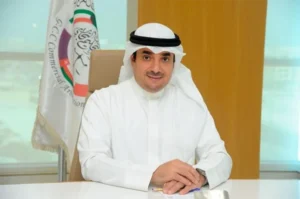
Tareq Yousef AlShumaimry, served as Chairman of the Finance Committee and Chairman of the General Budget Committee of the Permanent Court of Arbitration in The Hague (PCA) and an observer in the Administrative Council of the Court and the Consular at International Court of Justice (ICJ) and the Embassy of the State of Kuwait in the Netherlands during this period from 2013 to 2020. Email: tareq@alshumaimry.com







